What are the regulations on the logistics material standards for core trainees in Vietnam? - Thanh Thien (Ninh Thuan, Vietnam)
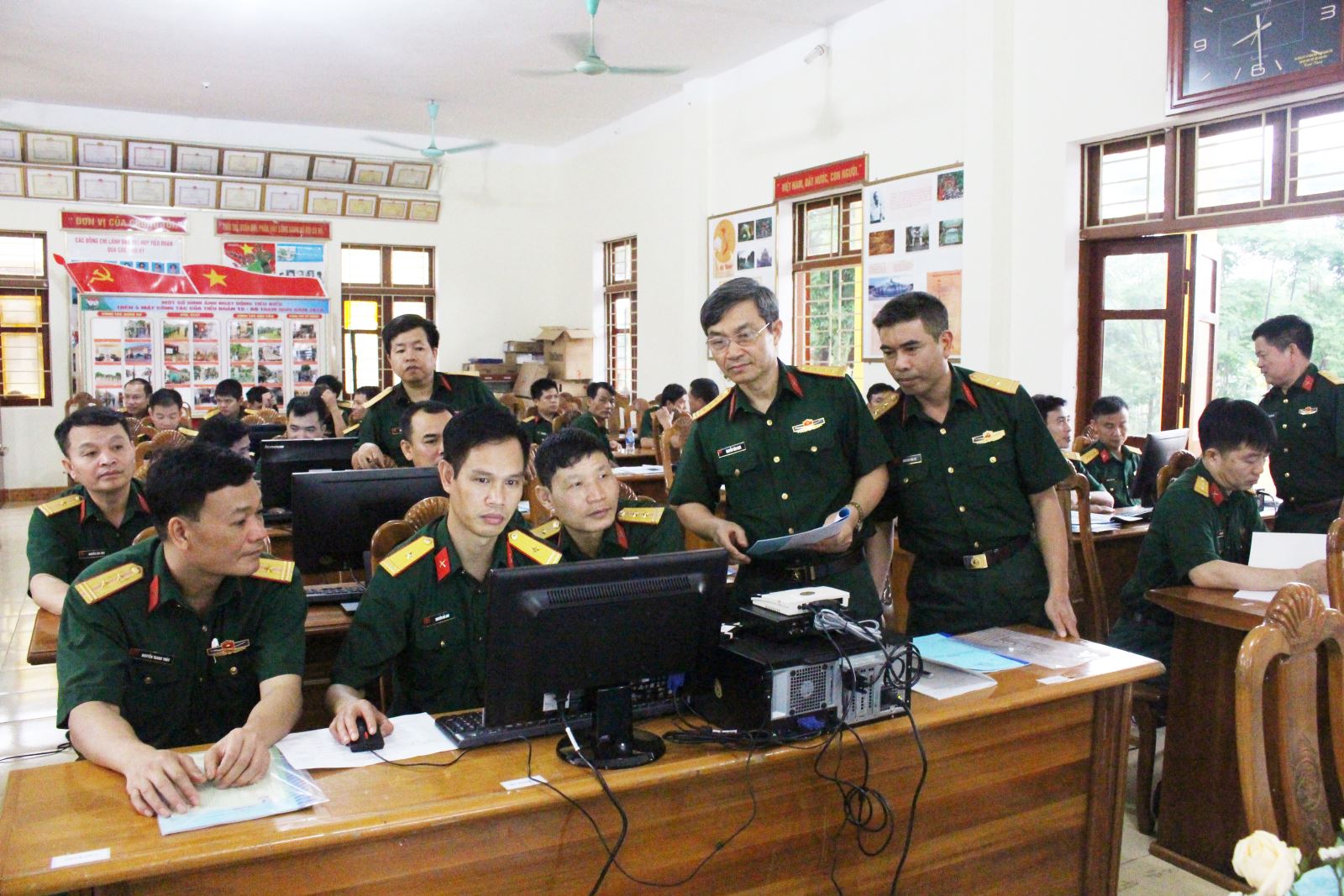
Logistics material standards for core trainees in Vietnam (Internet image)
1. Who is a core trainees?
Core trainees include:
- Core trainees are non-military personnel or members of the People's Public Security Forces who are not receiving subsistence allowances and are training at cipher training institutions.
- Core trainees who are military personnel or People's Public Security Forces have the right to follow the material and logistics standards established for military personnel and People's Public Security Forces.
(Clauses 1 and 2, Article 2 of Circular 116/2015/TT-BQP)
2. Material and logistics standards for core trainees in Vietnam
Material and logistics standards for core trainees are specified in Chapter II of Circular 116/2015/TT-BQP, specifically as follows:
* Meal standards for core trainees
- Dietary calorific value of 3,200 kcal/person/day, quantitative structure of foods, and a reasonable ratio of thermogenic substances
(Protein ranges from 14% to 16%, Lipid ranges from 18% to 20%, and Glucose ranges from 64% to 68%).
- Standard, quantitative, and basic meal rates; patients receive treatment; they eat more on holidays and New Year's; when participating in combat, drills, flood and storm prevention, natural disasters, fire, and search and rescue for key trainees, the calculation shall be equal to the standard, quantitative, and basic meal rates; patients are treated;...
* Dresscode standards for core trainees
- Costumes for core trainees are those provided for regular use by individuals, managers, and shared clothes, including regular clothes, long-term clothes, and anti-cold clothes.
- Professional uniforms for core trainees are those that are equipped for core trainees from the 3rd year of school to directly perform training, combat, and picnic tasks.
- Core trainees' dress standards are in accordance with the provisions in Appendix 01, which was issued in conjunction with Circular 116/2015/TT-BQP.
* Standard equipment for canteens, kitchens, and maintenance tools for core trainees
Standards for equipping canteens, kitchens, and support tools for core trainees are specified in Article 7 of Circular 05/2015/TT-BQP on standards for equipping canteens, kitchens, and nursing tools; electricity usage norms at warehouses and technical zones; standards for generator equipment for units and organizations belonging to the core force; and tools in the cipher office.
* Minimum requirements for core trainees
The standard of necessities for core trainees shall be in accordance with the provisions of Appendix 02, which was issued in conjunction with Circular 116/2015/TT-BQP.
* Standard of living area, living area, canteen, and sanitary equipment in the unit for core trainees
Standards for living areas, living areas, canteens, and sanitary equipment in the unit for core trainees comply with the provisions in Appendix 03, issued together with Circular 116/2015/TT-BQP.
3. Norms for using electricity and clean water in daily life for core trainees
3.1. Power usage rate
Specifically, in Clause 1 of Article 11 of Circular 116/2015/TT-BQP, the electricity usage norms for core trainees include the norms for daily life, training, and other tasks, specifically:
(i) The electricity usage norm for daily life for students in the field is guaranteed to be 11 KWh/person/month.
(ii) The norm of electricity use for training for cipher trainees shall comply with the provisions in Table 3 and List No. 05 issued together with Decree 32/2013/ND-CP;
(iii) The norm of electricity use for other tasks is the level of electricity usage (KWh of electricity) prescribed for use in a month for essential trainees to ensure the tasks do not fall under the tasks mentioned in (i) and (ii) (treasure work, library, museum, scientific research, cultural and artistic activities, physical training and sports, electricity, and water pumping).
The electricity usage norms prescribed for other tasks shall be equal to the electricity usage norms for other tasks applicable to students who train officers specializing in engineering at academies and schools in the Army. team.
3.2. The norm of clean water use in daily life
The norm for clean water use in daily life is 130 to 150 liters of clean water per person per day.
For units working in the area which do not have clean water to share, depending on actual conditions, it is possible to be equipped with machines to exploit clean water sources or invest in the construction of works to serve domestic water, ensuring from 130 to 150 liters of clean water for daily life per person per day.
(Clause 2, Article 11 of Circular 116/2015/TT-BQP)
Thanh Rin
 Article table of contents
Article table of contents
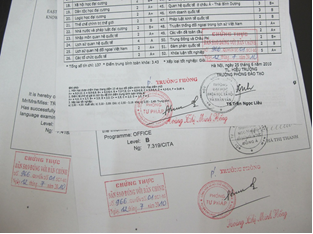
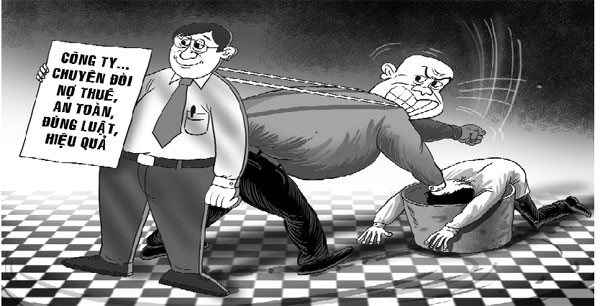
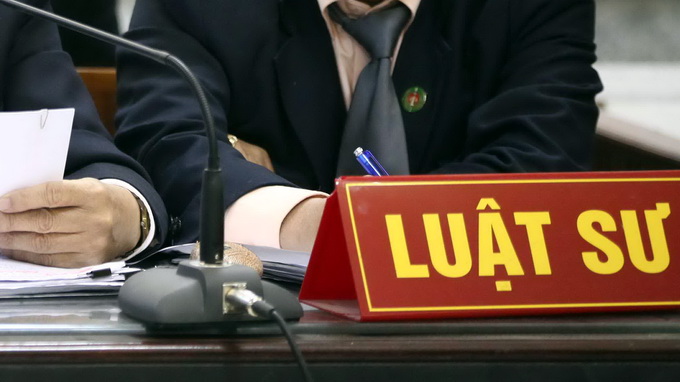
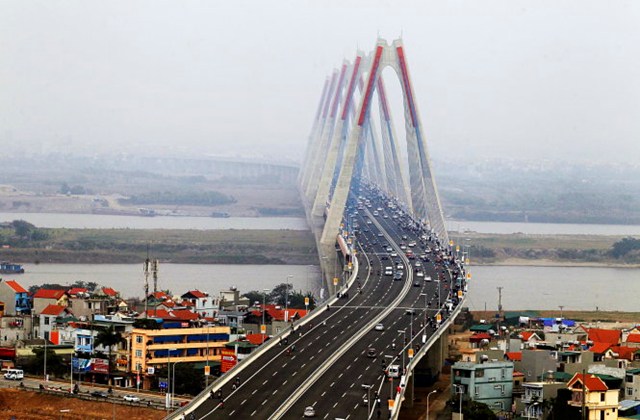

.Medium.png)
.Medium.png)
.Medium.png)
.Medium.png)
